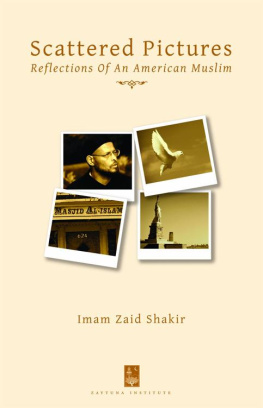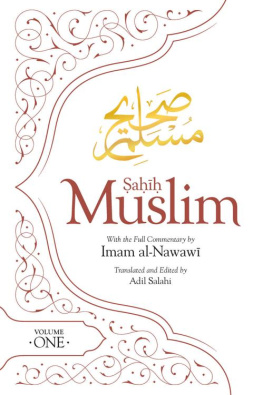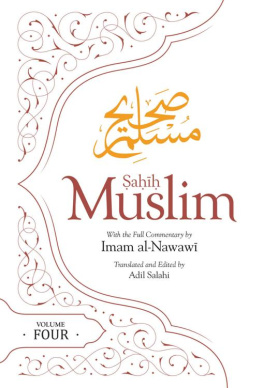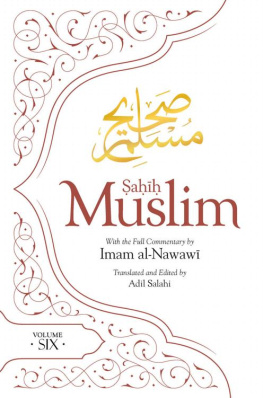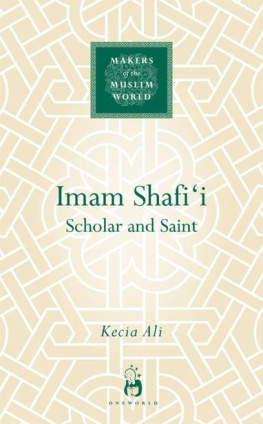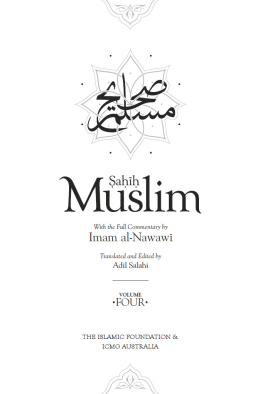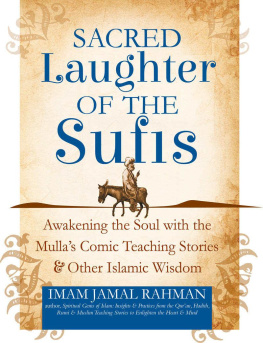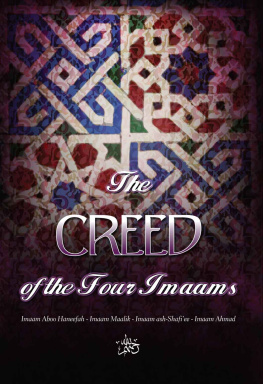The Tragedy of Islam
Admissions of a Muslim Imam
Imam Mohammad Tawhidi

Acknowledgments
I give thanks to God almighty for protection and the ability to complete this book.
Although this period of my life was filled with many ups and downs, I thank the Islamic extremists who threatened and physically assaulted me, as well as destroying my vehicle and house. This book wouldnt have been possible without the passion born out of the obvious need for change.
A very special thanks to the government departments and officials that provided me with security throughout my travels across the Middle East, as I searched for physical copies of sources and references used within this book.
I would also like to thank my wonderful friend L.A. of Shankland, and my two advisors S.L.P. and J.A. of South Australia for reviewing this book.
Writing a book such as this is a surreal process. Im forever indebted to the brilliant Kate Leeson of South Australia for editing this book.
Special thanks to my partner for her support. Even though she entered my life towards the final stages of this book, she was as important to this book being completed as I was. Thank you so much, dear.
This humble work of mine is dedicated to all the men, women,
and children who have been murdered, oppressed, and mistreated across the ages as victims of Islamic extremism and terrorism.
And to my Uncle Faris, the colonel who was kidnapped and
burned alive by ISIS as he bravely served his country in
the Iraqi Army in 2015.
About the Author
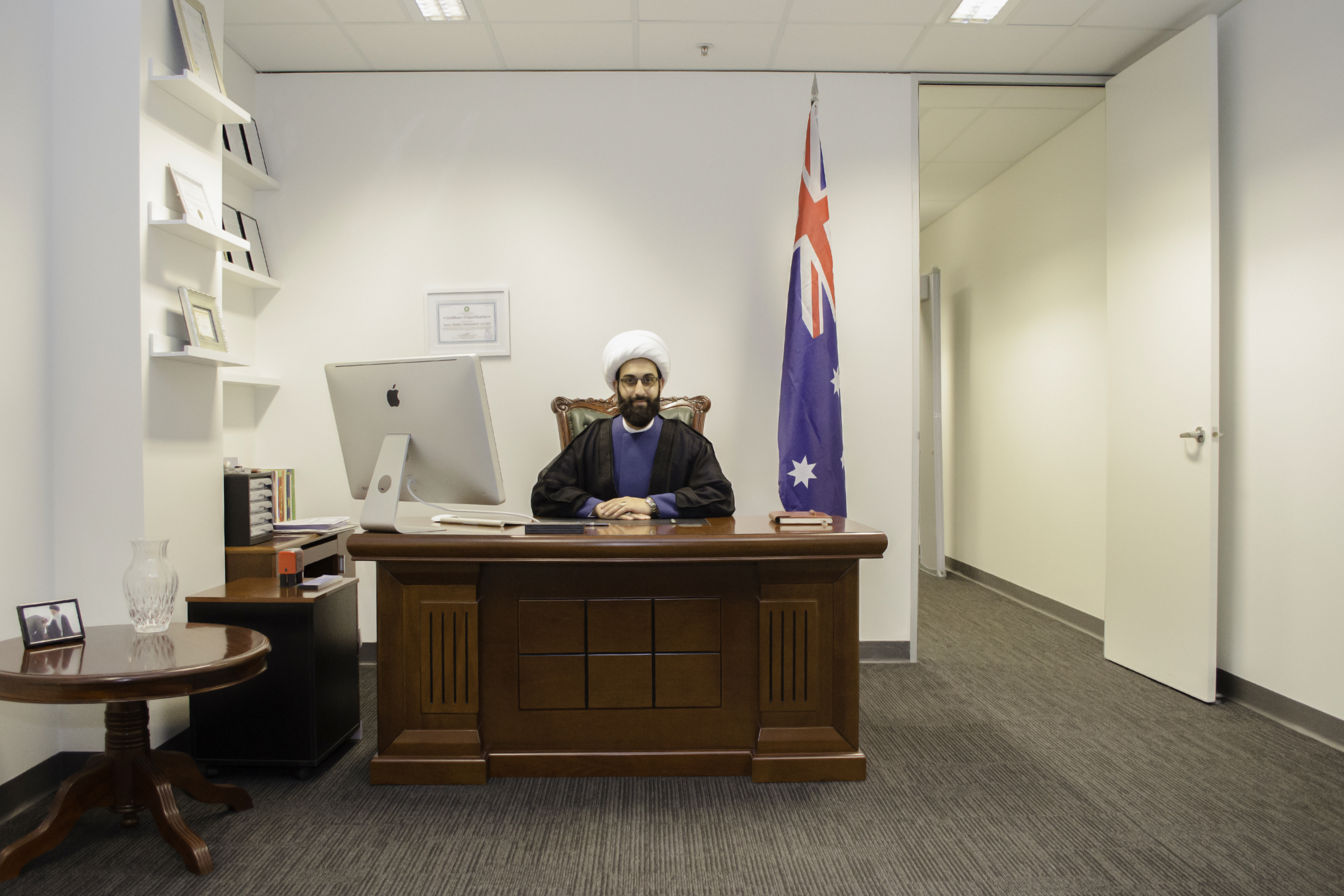
Imam Tawhidi is an Australian Muslim scholar, publicly ordained Islamic authority, thinker, educator, speaker, and one of the leading voices in the global movement of Islamic reform. He has dedicated his life to ideologically tackling the spread of Islamic extremism.
He was born in the Holy City of Qum, Iran, into a spiritual family with a history of decades of participation in Islamic seminaries, and had memorized much of the Quran by the age of ten. Imam Tawhidi returned to Australia in 2015, after his journey in the Islamic seminaries of Iran and Iraq. He is considered an internationally active personality, being fluent in Arabic, English and Farsi.
He has delivered speeches at conferences, parliaments, mosques, Islamic centers, churches, synagogues, temples and universities across the Middle East, Europe, America, Asia, and Australia. Imam Tawhidi is licensed by Islamic leaders of the highest order to lead and represent the Muslim community. He enjoys healthy international diplomatic relationships with numerous government officials and provides regular advice on counter-terrorism.
Imam Tawhidi was recognized by the Senate of Canada on Wednesday June 13th of 2018.
***
It is hard not to imagine that Islam in Australia is going to be heavily influenced by this Imam of Peace
for some years to come. The Spectator
Glossary
Allah The Arabic word for God.
Ayatollah A title literally meaning sign of God, awarded to Shia Muslim experts on Islam.
Caliph An elected or appointed leader of Muslims. In Shia Islam, there can only be one caliph on earth at a time.
Caliphate An Islamic state under the leadership of a caliph.
Fatwa An Islamic ruling or verdict issued by a recognized Islamic jurist or authority. It is considered a scholarly opinion that must be followed and emulated.
Grand ayatollah A Shia Muslim expert on Islam who has announced that they are an Islamic leader and who has a following.
Grand imam In the context of this book, grand imam means an imam who is highly revered and more prominent than a regular imam.
Hadith A narration, report, account, chronicle, or record of the traditions, sayings, and doings of Prophet Mohammad.
Hijrah The migration of Prophet Mohammad and his companions from Mecca to Medina in the year 622.
Imam In the context of this book, imam means Islamic leader. In Shia Islam, the word imam also means an infallible descendant of Prophet Mohammad, such as Imam Hussain.
Islamic government A government based on Sharia Law, which is not necessarily governed by a caliph. Examples include the Islamic republics of Pakistan and Iran.
Islamic scholar A recognized scholar on the Quran, and other Islamic teachings and scriptures.
Islamism A fundamentalist and hardline brand of Islam that revolves around a militant ideology and interpretation.
Islamist A Muslim who believes in utilising violence or militancy in order to spread fundamentalist and hardline brands of Islam. Muslims of both Shia and Sunni denominations can be Islamists. Islamists are activists who aim to establish the rule of Sharia Law.
Jihad The fundamental Islamic obligation to fight for the cause of God.
Jihadist An Islamist Muslim who engages in the act of jihad.
Jurisprudence The study of law. In this case, it is religious law. For example, Sharia Law is a combination of different sources of Islamic jurisprudence.
Jurist An expert on jurisprudence and the theory of law.
Kaffir The Arabic Islamic terminology to describe a disbeliever in Allah and or the Islamic religion.
Mufti A Sunni Muslim jurist who is qualified to deduce Islamic laws from the Quran and hadith and present them as authoritative legal opinions.
Quranic An attribution to the Quran. For example, Quranic verse means a verse from the Quran.
Salafism A hybrid of Wahhabism.
Sayed In the context of this book, a sayed is a descendant of Prophet Mohammad.
Shaikh An honorific title given to Arabian leaders or Islamic scholars regardless of nationality.
Sharia Law Islamic law that is derived from the religious precepts of Islam, mainly the Quran, its various interpretations and the hadith.
Necessary Explanations
My usage of the phrase the majority of Muslims does not refer specifically to Sunni Muslims, but refers to the majority of all Muslims regardless of denomination and/or school of thought.
The phrase grand Islamic authority is not an indication of a position or status within Islamic society. It is used in this volume merely as a description to distinguish between an Islamic authority and a senior Islamic authority. While authorityusually refers to somethinga person has, and not something a person is, the word authority here refers to the status of a Muslim scholar who has been given such authority from a superior religious authority.
The words historic report refer to a report from within the sources of Islamic history. The historical Islamic sources I have cited were all authored by prominent Muslim historians who are revered and glorified within Islam and Islamic educational institutions.
The words Islamic scripture do not refer to a specific book, but refer to all texts considered by Muslims to be the obligatory doctrine of God, mainly the Quran and books of hadith.
The phrase authentic hadith
Next page

